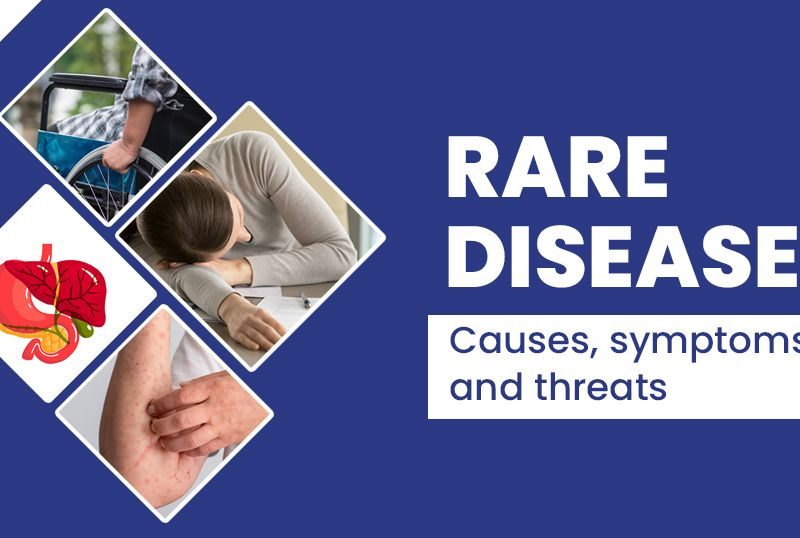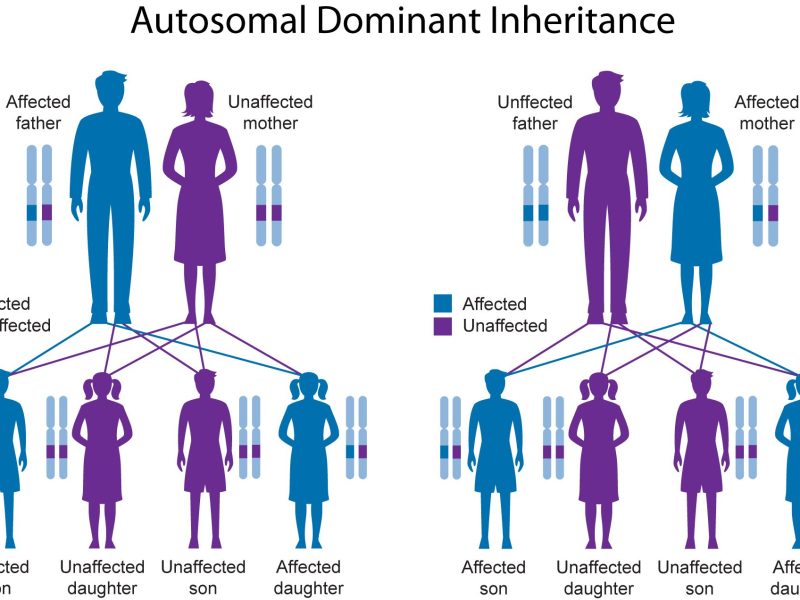Genetics plays a fundamental role in determining an individual’s health and susceptibility to certain diseases. While environmental factors and lifestyle choices also influence one’s well-being, understanding the impact of genetic variants is crucial in preventive medicine and personalized healthcare.
Understanding Genetics
Genetics is the study of genes and their role in the traits and characteristics of living organisms. Genes are segments of DNA that dictate the production of proteins, which are essential for the body’s structure and function. These proteins are responsible for various bodily processes, such as metabolism, growth, and immune system regulation.
Genetic Variants and Diseases
Genetic variants are small alterations or mutations in the DNA sequence that can affect the function or expression of genes. Some genetic variants are benign and have no significant impact on health, while others can lead to the development of diseases or increase the risk of certain conditions. For instance, mutations in the BRCA1 and BRCA2 genes are known to increase the susceptibility to breast and ovarian cancer. Individuals with these genetic variants have a higher likelihood of developing these cancers compared to those without these mutations. Genetic testing can help identify these high-risk individuals, allowing for proactive measures such as increased surveillance or preventive surgeries.
Personalized Medicine
Advancements in genetic research have paved the way for personalized medicine, tailoring healthcare strategies to an individual’s unique genetic makeup. By analyzing an individual’s genetic variants, healthcare professionals can identify risk factors for certain diseases and recommend appropriate preventive measures or treatments. For example, individuals with a genetic predisposition to heart disease can be advised on lifestyle changes to reduce their risk, such as adopting a heart-healthy diet or engaging in regular physical activity. On the other hand, genetic testing can also help identify individuals who may respond better to certain medications, allowing for more effective treatment plans.
Pharmacogenetics and Drug Response
Pharmacogenetics is the study of how an individual’s genetic makeup influences their response to drugs. Genetic variations can affect the metabolism and efficacy of medications, resulting in varying therapeutic outcomes between individuals. By considering an individual’s genetic profile, healthcare providers can select the most suitable medication and dosage, minimizing adverse effects and optimizing treatment success. This approach is particularly relevant in areas such as psychiatric medications, where drug response can vary widely among different individuals.
Genetic Counseling and Family Planning
Genetic counseling is an important aspect of reproductive health, and it can help couples understand their risk of passing on genetic conditions to their children. Through a combination of medical history analysis and genetic testing, genetic counselors provide information and support to couples considering family planning. If a couple has a higher risk of a certain genetic disorder, they may decide to undergo preimplantation genetic diagnosis (PGD) or prenatal testing to assess the likelihood of their child inheriting the condition. These options allow couples to make informed decisions regarding pregnancy and potential treatment or intervention options.
Ethical Considerations
While genetics offers tremendous potential for improving healthcare, it also raises ethical concerns. The availability and accuracy of genetic testing can have implications for individuals’ psychological well-being and privacy. There is also a need to ensure equal access to genetic testing and personalized healthcare, without exacerbating healthcare disparities. Furthermore, ethical discussions surround the use of genetic information for purposes other than healthcare, such as employment or insurance decisions. Safeguarding genetic data and implementing legislation to protect individuals from discrimination based on their genetic information are crucial steps to address these ethical concerns.
The Future of Genetics in Health
As genetic research continues to advance, so does our understanding of the role of genetics in health. The integration of genetic testing and analysis into routine medical care holds the potential to revolutionize healthcare by enabling personalized prevention and treatment strategies. With advancements in technology and the decreasing costs of genetic testing, it is anticipated that genetic information will become more accessible and integrated into routine healthcare practices. However, careful consideration of ethical implications and ensuring equitable access to these advancements are essential for responsible and effective utilization. In conclusion, genetics plays a crucial role in determining an individual’s health and susceptibility to various diseases. The integration of genetics into healthcare enables personalized prevention and treatment strategies, improving patient outcomes. As genetic research and technology advance, it is vital to address ethical concerns and promote equal access to genetic information for the betterment of healthcare worldwide.


